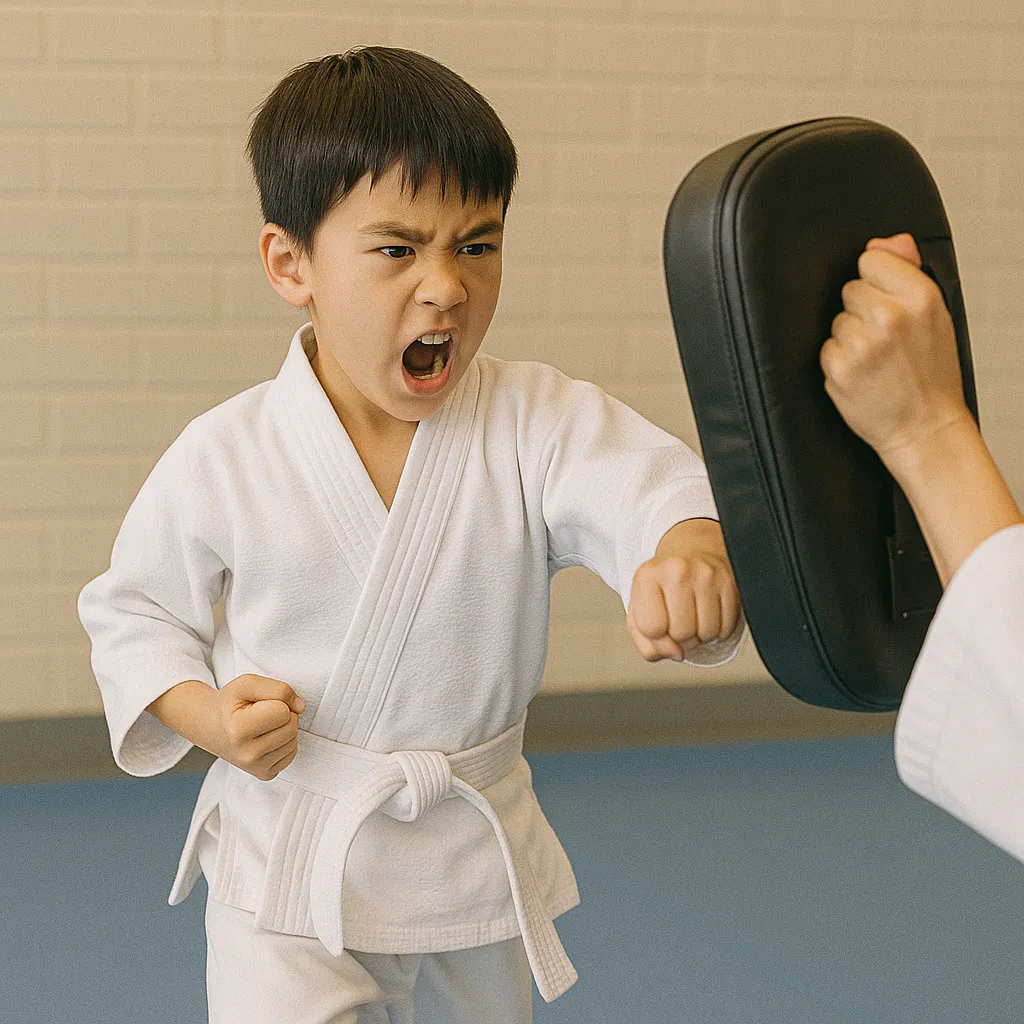
How Martial Arts Improves Emotional Regulation in Children
"Courage above all things is the first quality of a warrior.” -Elite Column
In childhood, emotions often come fast and strong—whether it’s frustration over a math problem, anxiety about a new environment, or disappointment from losing a game. Helping kids navigate these big emotions is an essential part of their development—and martial arts can be one of the most powerful tools in building that emotional control.
At ProMax Martial Arts, we don’t just focus on kicks and punches. Our programs are designed to support emotional regulation through structured activity, mindfulness, and a supportive learning environment.
💡 1. Structure Creates a Safe Emotional Space
One of the core components of martial arts is structure. Every class follows a predictable routine, which helps children feel safe and grounded. This reliability teaches kids how to adapt to rules and expectations without feeling overwhelmed.
Knowing what comes next—warm-ups, drills, partner work—reduces anxiety and gives children a sense of control over their environment.
💡 2. Physical Activity as an Emotional Outlet
Martial arts offers a healthy and productive outlet for energy and emotions. Instead of bottling up frustration or acting out impulsively, kids learn to release tension through movement and breath.
Activities such as striking pads, jumping, or engaging in controlled sparring help:
Reduce anxiety
Lower stress hormones
Improve mood and energy levels
This physical release, paired with focused breathing and mindfulness techniques, helps children process their feelings more calmly and effectively.

💡 3. Learning Self-Control Through Repetition
In every martial arts class, students are taught to pause before reacting, to listen closely, and to respond with intention. This cultivates self-discipline and patience—essential tools in emotional regulation.
When children learn to stop and think before acting, they begin to understand how to manage impulses in everyday life, like during conflict with peers or when facing disappointment.
💡 4. Encouragement Builds Emotional Resilience
Our instructors are trained to give positive reinforcement that helps children build confidence in themselves, even when they struggle. Kids learn that failure isn’t final—it's part of the process—and they develop the emotional resilience to keep trying.
With time, students grow more confident in their ability to handle setbacks, problem-solve, and stay calm under pressure.
💡 Conclusion
Martial arts is much more than a sport. It’s a dynamic approach to teaching kids how to understand, manage, and grow through their emotions. From structured routines and movement to mindfulness and positive guidance, martial arts supports children in becoming emotionally strong, resilient, and confident.
If you're looking for a way to help your child develop emotional balance in a fun and supportive environment, martial arts could be the answer.
